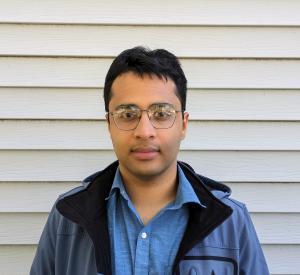Towards Quantum Cryptography from #P-Hardness
Recent oracle separations [Kretschmer, TQC'21, Kretschmer et. al., STOC'23] have raised the tantalizing possibility of building quantum cryptography from sources of hardness that persist even if the polynomial hierarchy collapses. We realize this possibility by building quantum bit commitments and secure computation from unreleased, well-studied mathematical problems that are conjectured to be hard for P^#P -- such as approximating the permanents of complex Gaussian matrices or approximating the output probabilities of random quantum circuits.
Indeed, we show that as long as any one of the conjectures underlying sampling-based quantum advantage (e.g., BosonSampling, Random Circuit Sampling, IQP, etc.) is true, quantum cryptography can be based on the extremely mild assumption that P^#P ⊈ (io)BQP/poly.
We prove that the following hardness assumptions are equivalent:
1. The hardness of approximating the probability assigned to a randomly chosen string in the support of certain efficiently sampleable distributions (up to inverse polynomial multiplicative error).
2. The existence of one-way puzzles, where a quantum sampler outputs a pair of classical strings -- a puzzle and its key -- and where the hardness lies in finding the key corresponding to a random puzzle. These are known to imply quantum bit commitments [Khurana and Tomer, STOC'24].
3. The existence of state puzzles, or one-way state synthesis, where it is hard to synthesize a secret quantum state given a public classical identifier. These capture the hardness of search problems with quantum inputs (secrets) and classical outputs (challenges).
These are the first constructions of quantum cryptographic primitives (one-way puzzles, quantum bit commitments, state puzzles) from concrete, well-founded mathematical assumptions that do not imply the existence of classical cryptography.
Joint work with Dakshita Khurana, UIUC.

